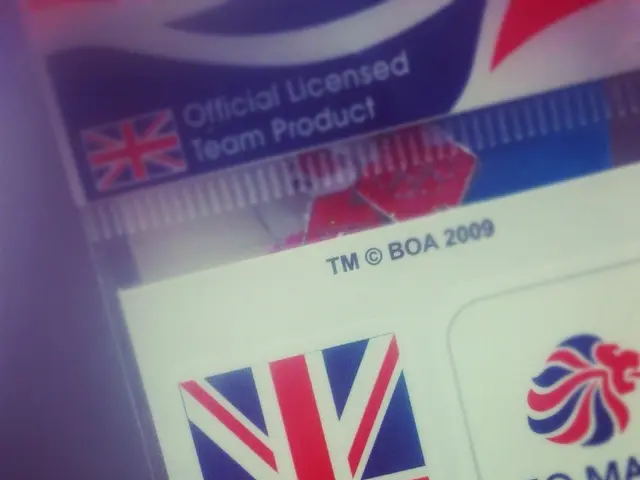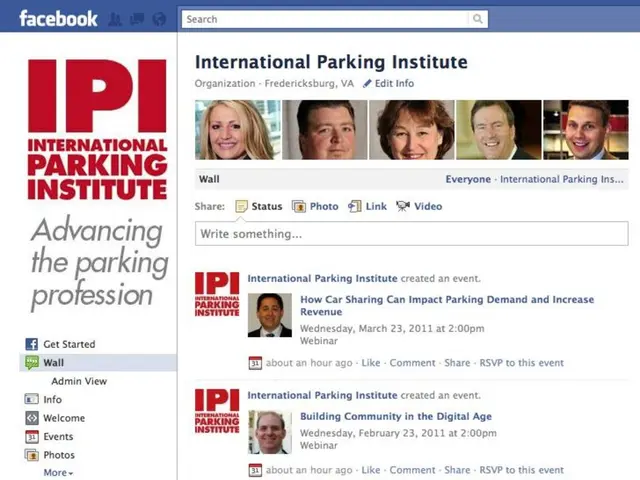Struggling with Immediate Rewards in ADHD: The Challenges and Strategies for Enhanced Delayed Gratification
Impulsive Buying in Adults with ADHD: An Overview
Delayed gratification, the ability to forgo immediate desires for future rewards, presents challenges for adults with Attention Deficit Hyperactivity Disorder (ADHD). This skill is crucial for long-term goal achievement and success, but individuals with ADHD often grapple with it due to their inherent impulsivity.
A 2024 study^{1} has found that adults with ADHD have difficulty delaying gratification and display more impulsive buying behaviors compared to adults without the condition. The study highlights the urge for instant gratification, particularly in shopping decisions, as a significant issue in managing ADHD.
One of the reasons behind this behavior stems from the ADHD brain's reward system. The brain's dopamine-based system, which plays a critical role in reward processing, may favor immediate rewards over long-term gains. As a result, impulsive spending behaviors often arise.
Researchers concluded that improving a person's capacity to defer gratification should be considered in the treatment of adults with ADHD, emphasizing the central role this issue plays in managing symptoms.
Those who struggle with delayed gratification when they have ADHD are not alone. The challenges frequently manifest in various ways, such as impulsive shopping, procrastination, binge-watching, difficulty saving money, jumping between hobbies, snoozing alarms, and poor eating habits.
Understanding why delayed gratification is extra challenging for individuals with ADHD is essential. Key factors contributing to this difficulty include impulsivity and urgency, brain rewards system anomalies, "time blindness," executive function deficits, emotional regulation and stress, and "now" vs. "later" perception.
Although delayed gratification may never feel entirely natural for adults with ADHD, it can be strengthened. Implementing the following strategies can help bridge the gap between instant impulses and future goals:
- Establish clear, short-term goals for long-term objectives.
- Break down tasks into smaller, manageable chunks.
- Use a reward system (gamify it) to provide immediate feedback for accomplished tasks.
- Make the future reward tangible by visualizing it.
- Minimize temptation in the moment by modifying the environment or adding friction to actions.
- Practice mindfulness and pause techniques to strengthen self-control.
- Obtain an accountability partner or work with a coach for guidance and support.
Einarsson, S. B., Sigurðsson, B. H., Kjartansdóttir, S. H., Magnússon, P., & Sigurðsson, J. F. (2024). Impulsive Buying and Deferment of Gratification Among Adults With ADHD. Clinical Psychology in Europe, 6(3), e9339. https://doi.org/10.32872/cpe.9339
- Einarsson, S. B., Sigurðsson, B. H., Kjartansdóttir, S. H., Magnússon, P., & Sigurðsson, J. F. (2024). Impulsive Buying and Deferment of Gratification Among Adults With ADHD. Clinical Psychology in Europe, 6(3), e9339. https://doi.org/10.32872/cpe.9339
- Clinical psychology research is crucial to understanding the challenges faced by adults with ADHD, including difficulties with delayed gratification.
- Emotions also play a significant role in the behavior of individuals with ADHD, as impulsivity can be strongly influenced by one's current emotional state.
- Perception and the ability to understand time, or "time blindness," are factors that make delayed gratification more challenging for those with ADHD.
- Stress management is an important aspect of personal growth and career development for adults with ADHD, as stress can exacerbate impulsive behaviors.
- Psychology and the science of human behavior provide valuable insights into the causes of impulsive buying in adults with ADHD and potential solutions to improve their delayed gratification skills.
- The brain plays a key role in these struggles, as anomalies in the brain's reward system contribute to the preference for immediate rewards over long-term goals.
- Motivation is essential when working towards improving delayed gratification skills, as it helps to maintain focus and perseverance.
- Mindfulness and self-awareness techniques can help individuals with ADHD develop greater self-control, enabling them to make more mindful decisions and follow through on long-term goals.
- Health-and-wellness can be greatly improved by addressing impulsive behaviors like impulsive buying, as it can lead to better financial management, physical fitness, and mental health.
- Education and self-development resources, such as coaching and accountability partners, can provide valuable guidance and support in the journey towards improved delayed gratification skills and overall personal growth for individuals with ADHD.








